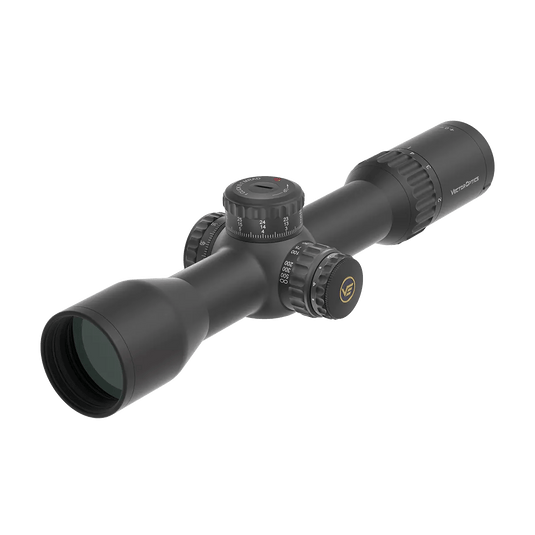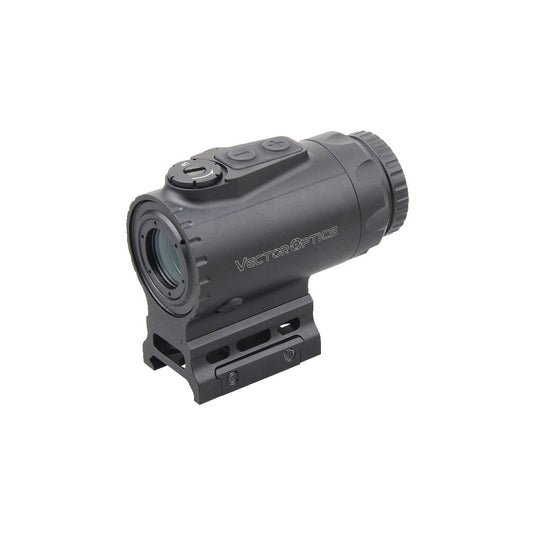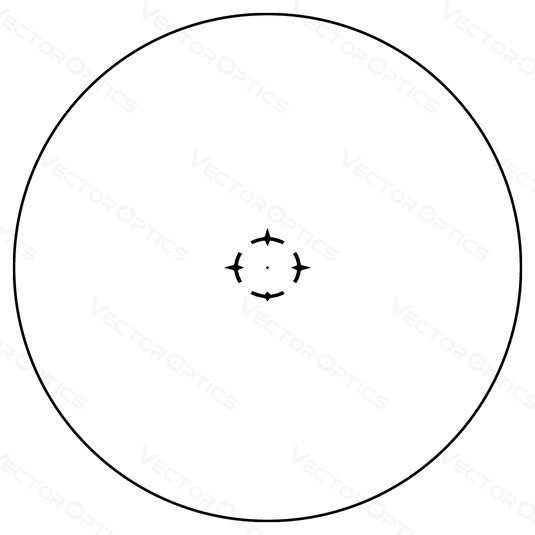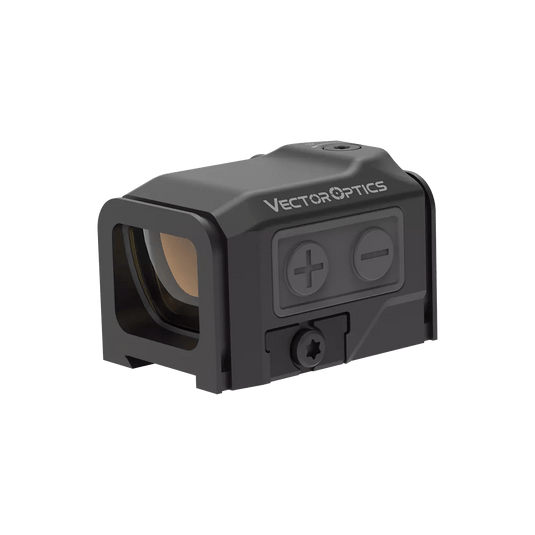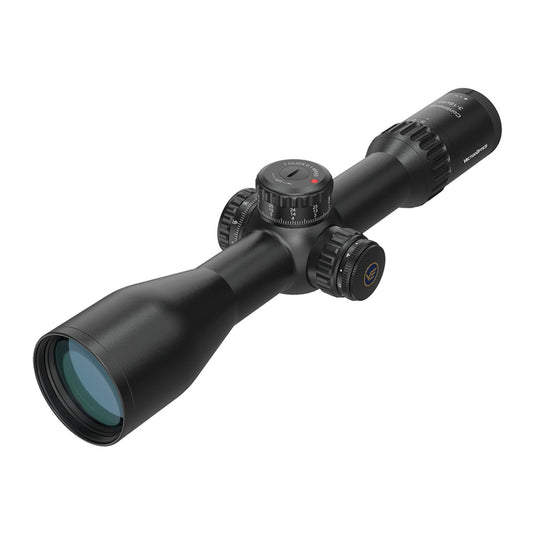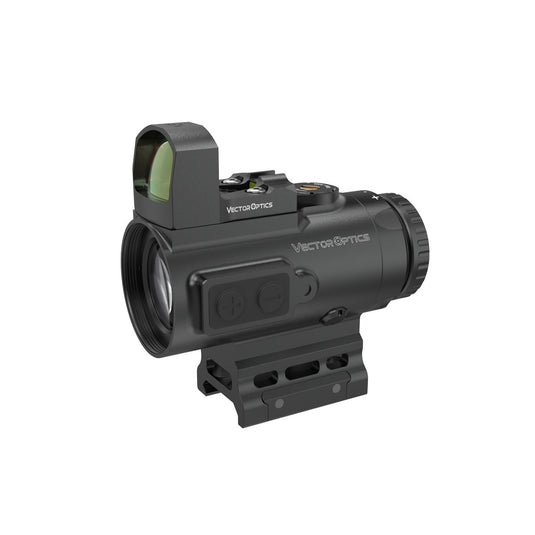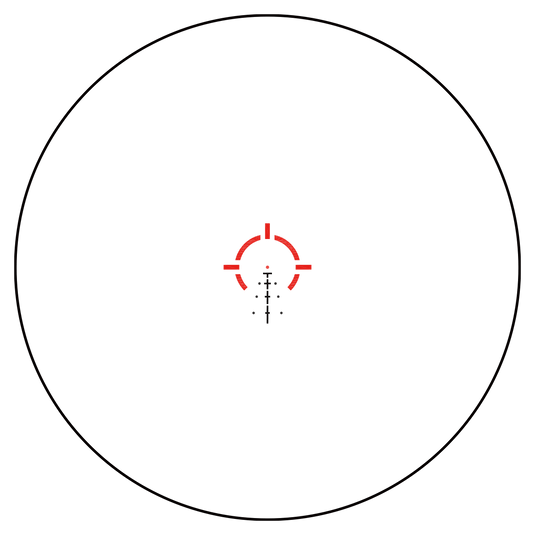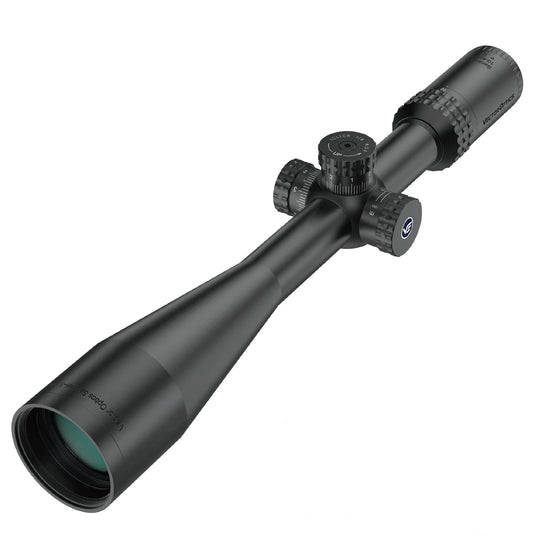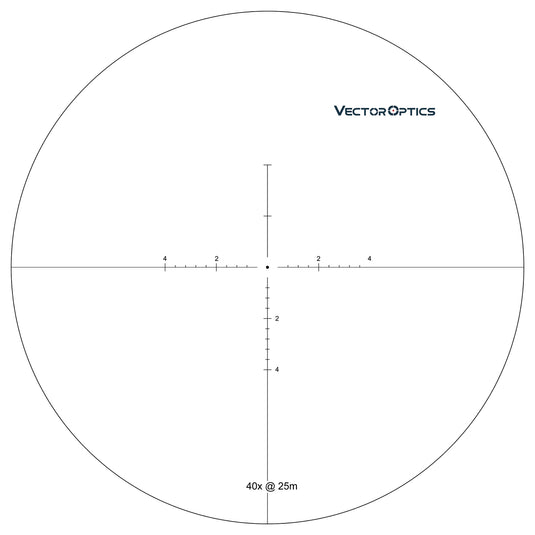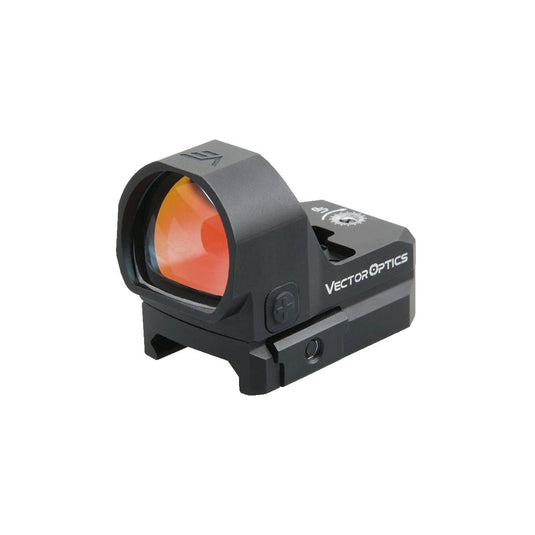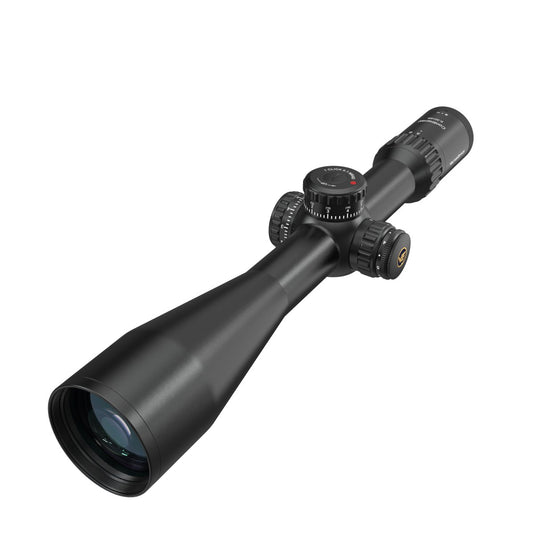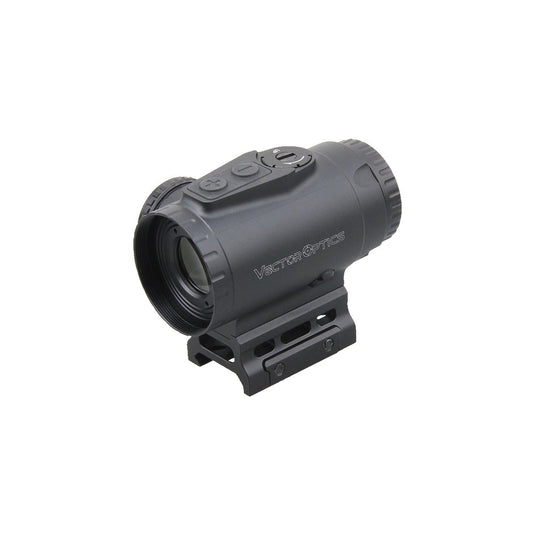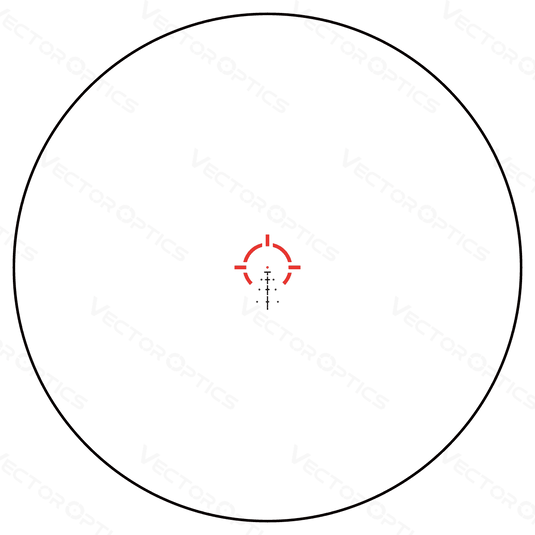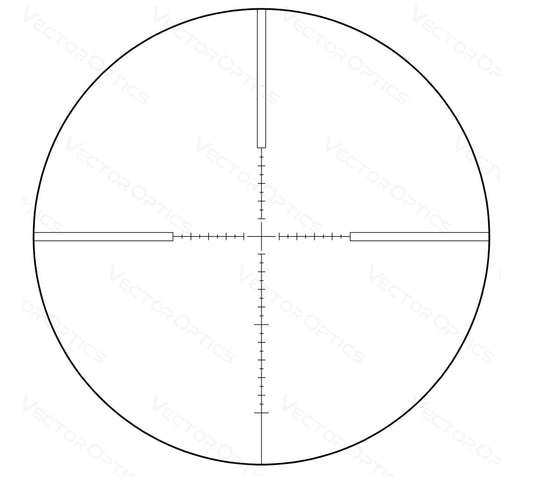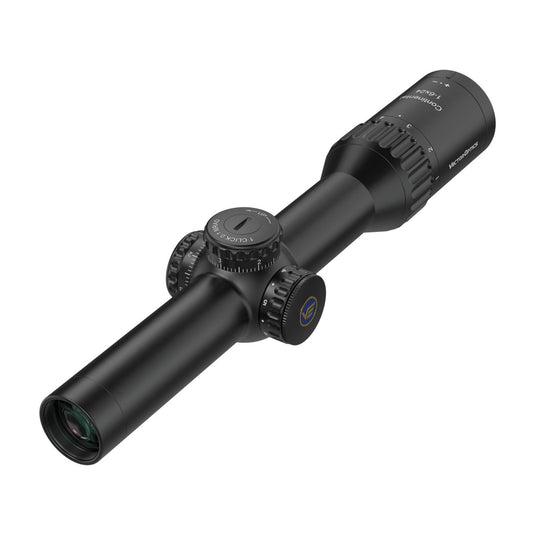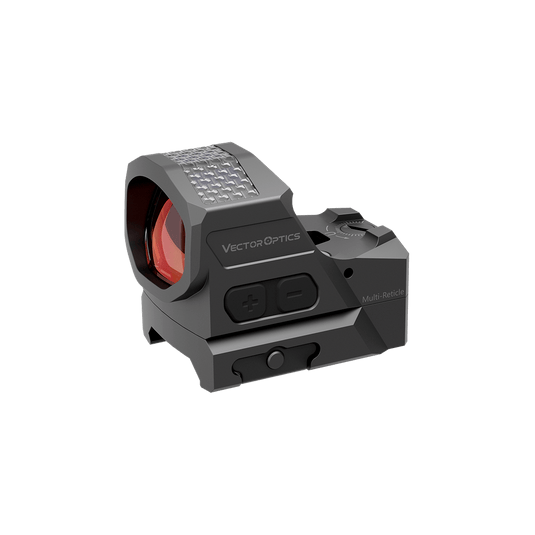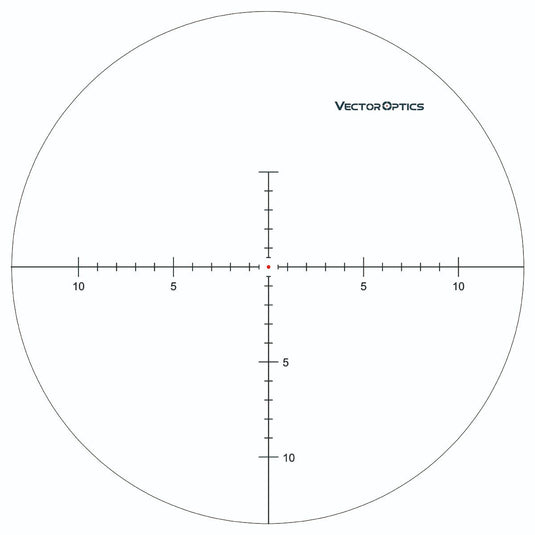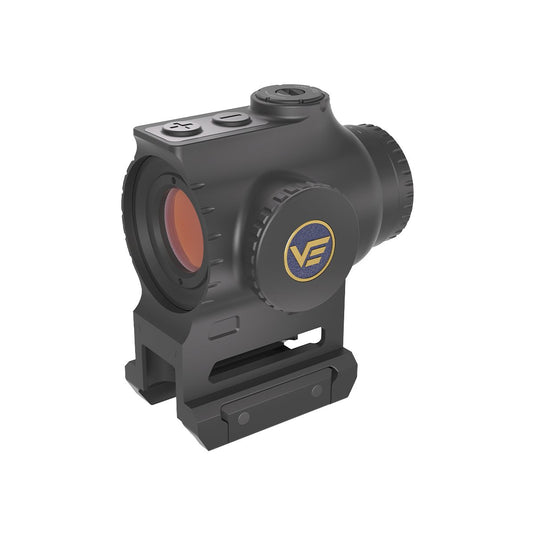Driven Hunting Definition
Driven hunting: Driven hunting is a traditional hunting game, which involves a group of hunters working together. Some members (beaters) drive the game toward other hunters (shooters) who are strategically positioned at certain place to shoot.
Distance: Most common ranges for driven hunting are between 100 to 200 yards.
Environment: Usually driven hunting happens in the open field or in the forest. Early morning and late afternoon are golden timing for hunting, since the animals are active during these time.
Animal: Deer, boar, antelope, impala, etc. (Do not include Big Five, lion, elephant, buffalo, leopard, and rhinoceros.)
Features of Scopes You Should Consider Based on the Specialty of Driven Hunting
Focal Plane: Considering the common distance range, close-range, and characteristics of driven hunting, fast target acquisition, SFP is preferred.
Magnification: It usually depends on your personal shooting preferrence. Considering the common shooting range, we would recommend the scope possess the magnification from 1x to 12x. The most useful and popular power range is from 3x to 9x. Therefore, LPVO or the scope starts below 3x is recommended.
Fiber/Etched reticle:
Etched reticles are highly durable, capable of withstanding heavy recoil. They enable intricate reticle patterns that assist shooters in calculating bullet drop compensation(BDC). VE's etched reticle scopes typically feature a center dot illumination, which helps mitigate one of the limitations of etched reticles by improving visibility in low-light conditions. Considering the common range of driven hunting are within 100 to 200 yards, an etched reticle with simple BDC should be enough.
Fiber-optic reticles improve visibility in diverse lighting conditions by providing a brightly illuminated center dot, facilitating enhanced aiming precision in low-light scenarios. However, the primary limitation of fiber-optic reticles lies in their restriction to simpler designs, typically the G4 pattern.

Reticle Pattern:
Both the Duplex Reticle and G4 pattern facilitate easy and rapid target acquisition through their bold lines, which naturally draw the shooter's attention. When enhanced with an illuminated center dot, these reticles significantly improve target acquisition speed, especially in low-light conditions such as dawn and dusk, providing clear visibility and precise focus on the intended target.
Light transmission:
Given the time and location considerations for driven hunting, choosing a scope with high light transmission is advisable, as it ensures sharp and crisp imagery, facilitating quick and easy target acquisition. However, if you're on a budget, you have to compromise some features. Choosing a scope with HD glass instead of ED glass is a practical alternative. This is because, for close-range shooting typically associated with driven hunts, the superlative clarity provided by ED glass is not strictly necessary; HD glass suffices for effectively spotting targets.
Recoil: Shooters will need to consider the impact of recoil on the scope. A scope with sufficient shock resistant, at least 750G, will prevent unexpected issues during use. All VE scopes are at least 750G.
Weight: Driven hunting usually is dynamic and fast-pacing. A lightweight scope is preferred to faciliates quicker and more fluid movement of the firearm, enabling faster targeting and repositioning. Additionally, since hunters may be active for extended periods, the weight of the scope is an important consideration to ensure comfort and ease of carrying throughout the hunt.
Summary:
Driven hunting require both quick target acquisition and verstility. In this case, LPVO is preferred for hunters. With low magnification, hunters could quickly catch the target with simple reticle. If the target is at longer distance, hunters could zoom in to reach the magnification they want. 1-10x is adquate for people to shoot within 300 yards.
One of the most significant charateristics of LPVO is true 1x power, which allows hunters shoot with two eyes open, focusing on the target and gain the surrounding awareness at the same time.
We would recommend an lightweighted SFP scope with fiber G4 reticle, from 1x-12x. The LPVO from 1-10x magnification is highly recommended.
Scope:
VE Top Line, Continental - Precision Across Generation


VE Premium line, Tauron

VE Classic Line, Constantine

VE Entry Line, Grizzly



